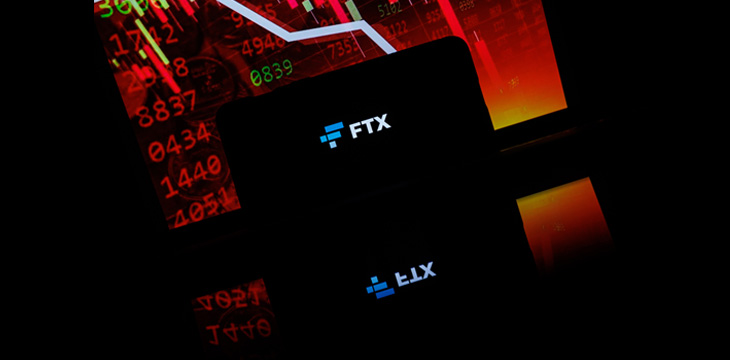|
Getting your Trinity Audio player ready...
|
New filings in the FTX bankruptcy case have revealed the full list of FTX shareholders and investors, all of whom will inevitably be writing off the entirety of their investments.
Notably, among the Tom Brady and Gisele Bundchen sits Coinbase (NASDAQ: COIN), which is recorded as holding the bag on millions of FTX shares—putting statements made by Coinbase and its CEO Brian Armstrong in the wake of the collapse in a somewhat different and unflattering light.
As FTX was collapsing, Coinbase took to its trusty blog to reassure its customers that the company had ‘very little’ exposure to FTX, citing a mere $15 million in deposits it held on the FTX platform.
A week later, they penned another post, tutting about all the other investors who would now need to write off the entirety of their FTX stakes as losses. “SoftBank, Tiger Global, and Sequoia Capital are among the many well-known firms who made now-worthless bets on FTX,” they crowed.
The post also quotes an op-ed written by Coinbase CEO Brian Armstrong for CNBC in the early days of the FTX collapse, in which he reiterated that Coinbase doesn’t have any material exposure to FTX and that ‘heavy-handed’ U.S. regulations have forced American consumers to engage with risky and unethical platforms like FTX.
“Part of the reason FTX was able to do what it did was because it operates in the Bahamas, a tiny island country with very little regulatory oversight and ability to oversee financial services businesses,” he wrote.
Armstrong’s conclusion, of course, was that more regulation would make the jurisdiction shopping problem even worse. Better not try at all, then, hey?
However, the smug gloating is somewhat undermined by the latest FTX filings. It revealed that Coinbase held 1.3 million preferred shares and 4 million common shares, meaning Coinbase is in the same boat as the likes of Sequoia and Tiger Capital.
The former value of these holdings is tough to estimate since FTX never went public. In the grand scheme of things, Coinbase’s investment is unlikely to amount to too much of a true financial ding for the company—though it is notable that Coinbase just announced more layoffs and braced investors for further losses of up to $500 million, as well as nixing some of their ‘riskier’ ventures.
But it does beg the question: If U.S. regulations are worthy of blame for ‘forcing’ American customers to use a risky, offshore bucket shop like FTX, why on earth was Coinbase pumping funding into that very organization? Much has been written about how positive coverage of FTX enabled its years-long scam, and rightly so: how about the VCs who threw hundreds of millions at SBF, notably Armstrong, who wasted no time pointing out what an obviously non-compliant outfit FTX was all along?
Follow CoinGeek’s Crypto Crime Cartel series, which delves into the stream of groups—from BitMEX to Binance, Bitcoin.com, Blockstream, ShapeShift, Coinbase, Ripple,
Ethereum, FTX and Tether—who have co-opted the digital asset revolution and turned the industry into a minefield for naïve (and even experienced) players in the market.

 02-25-2026
02-25-2026 




